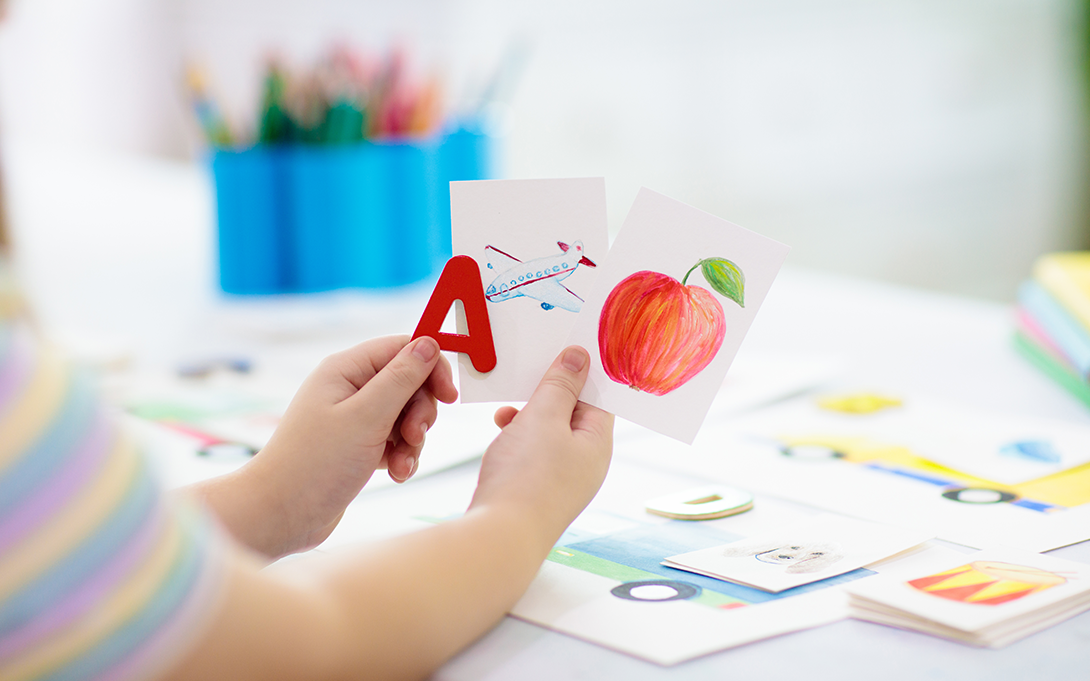An Ecological Framework to Support Dual Language Learners in US Preschool Classrooms
One-third of U.S-based preschool-aged children speak one or more languages other than English at home. These Dual Language Learners (DLLs) especially benefit from high quality early childhood, and it is now widely acknowledged that a high-quality early childhood education is ideally linguistically inclusive, meaning children’s home languages are leveraged to communicate with DLLs and facilitate their access to and interaction with instructional content in the classroom. Yet, little is known about whether, how, and why teachers currently include young DLLs’ languages in ways that support the children’s learning and growth in the classroom. Broadly speaking, this dissertation asks: How do PreK educators interact with their DLLs to support them during instruction? US-based research in language and literacy has found that exemplary preschool educators are intentional in their language use with DLLs, promoting language diversity as a resource and multilingual use as a tool for inclusivity. Yet, empirical evidence capturing this support at the verbal interactional level is scarce. Furthermore, this previous research has focused on small, homogeneous samples of exemplary teachers, so little is known about how teachers’ practices vary among teachers with varying professional qualifications and experience working in linguistically diverse classrooms. This dissertation uses a combination of surveys, interviews, and classroom observations to shed light on the various kinds of supports that DLLs receive in PreK classrooms, while considering teachers’ linguistic and cultural backgrounds and attitudes towards DLL support, their center’s approach to serving DLLs, as well as the overall district-level policies and programs in place that may facilitate or hinder DLL support. Study 1 surveys a US sample of preschool educators on their own and their students’ language backgrounds, building on existing research noting the importance of language match between adults (teachers, assistant teachers) and DLLs for high-quality, linguistically inclusive instruction to take place. Study 2 uses in-depth classroom observations to shed a light on the linguistic and pedagogical choices that teachers make in linguistically diverse, English-medium community-based PreK classrooms. Study 3 builds on Study 2 and uses PreK teacher and administrator interview data to explore interrelations across individuals, contexts, and systems that may construct teachers’ communicative and pedagogical choices with DLLs.

